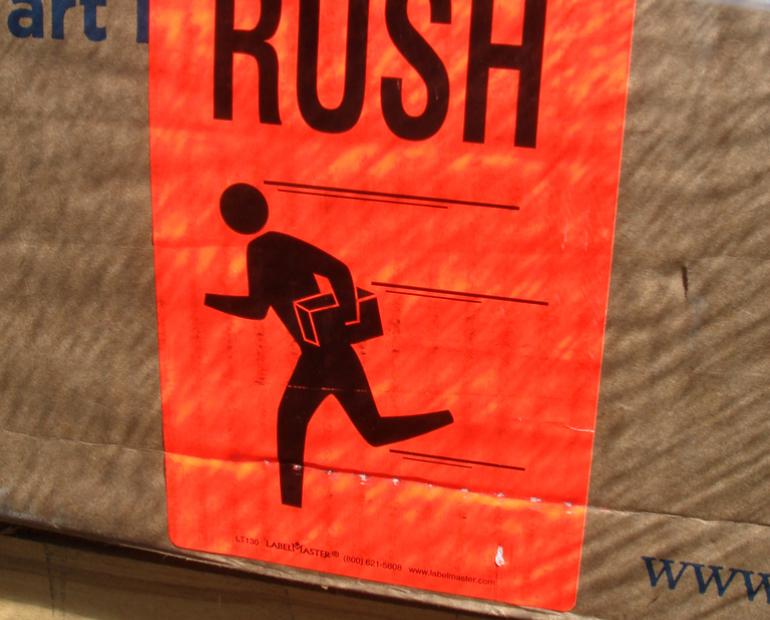
Hi, my name is Min Ho Kim and I am a Year 12 student studying at the British International School, Ho Chi Minh City. I have been debating in school MUN sessions for more than two years and took part in a few conferences. Last year, I was appointed as the school’s ambassador to the United Nations.
Although I am from South Korea, I have lived in Vietnam for more than ten years and I have been reading the daily news in order to catch up with all the recent issues in Vietnam. This experience allowed me to build a deep understanding of the history, society and politics of Vietnam.
Vietnam is considered to be a nation that has successfully prevented widespread community transmission of COVID-19. While nearby Southeast Asian nations such as Singapore and the Philippines surpassed 10,000 cases, Vietnam only recorded 288 cases with zero deaths as of early May, according to its Ministry of Health.
In addition, Vietnam has been exporting masks and COVID-19 test kits to help the world fight the pandemic. Despite this triumph, Vietnam’s economy was not able to avoid the negative economic impacts of a worldwide pandemic. As an international student living in Ho Chi Minh City, Vietnam, I have examined how the local economy was influenced as a result of this destructive virus.
Firstly, the Vietnamese government imposed a lockdown for 15 days in April. During this period, most shops except for supermarkets and pharmacies were shut down. Although detailed statistics are yet to be announced, speculations suggest this would have had a detrimental effect on spending by domestic consumers.
Secondly, the Vietnamese economy is heavily reliant on exports. The value of Vietnam’s exports is 105.8% of its GDP (TheGlobalEconomy.com), which is more than twice the global average. Although an export-led economy allowed Vietnam to escape from poverty, it also means the economy can be easily affected by the global economic situation. To make things worse, a high proportion of exports were supposed to be headed to the USA and Europe, which are now the two areas most severely hit by the COVID-19 pandemic.
Thirdly, with the Vietnamese government enforcing 14-day quarantine for international travellers and reducing flights available, the number of international tourists visiting Vietnam has pretty much reached zero. This has impacted some regions more than others: Danang, a popular tourist destination located in Central Vietnam has experienced a 98.5% decrease in tourists during the Labour Day holiday season.
The Vietnamese economy has been experiencing rapid growth in the last several years, with annual GDP growth surpassing 5% (World Bank, 2018). An economic shock like the COVID-19 pandemic may extinguish the ‘fire’ of Vietnam’s economy, leaving behind a deep scar that can take years to heal. For example, five million workers, which is nearly 10% of the entire workforce lost their jobs because of the pandemic. This may lead to a domino effect, having a negative impact on other macroeconomic indicators such as consumer confidence and consumer spending.
Vietnam is well known for its diverse, vibrant, inexpensive street food culture. Due to social distancing, I have noticed that all vendors in my neighbourhood which used to sell noodle soup and Bánh mì (Vietnamese baguette) had closed down.
The majority of these vendors are self-employed meaning they have to take full responsibility for all the loss, even though selling street food at a low price is not a lucrative job. According to Vnexpress, the income of street vendors in Vietnam is less than 75% of the national average. This illustrates how the COVID-19 pandemic will have the most impact on the ones who are already economically marginalised. Additionally, low-skilled, low-paid employees are more likely to be dismissed, as these people are more likely to be at the ‘blind spot’, where labour laws do not protect them.
Many experts argue that the market must not be left to the ‘invisible hand’ during a period of an economic shock. Therefore, governments around the world have announced their plans to inject money into the economy, even if it means an increase in national debt. Following this trend, the Vietnamese government will spend more than 2% of its GDP on reviving its economy and focusing on inducing foreign direct investment.
Furthermore new movements started within the private sector in order to minimise the impacts of the pandemic. For example, there has been a movement to reduce rent fees amongst landlords in order to share the burden with the tenants.
During a global pandemic like this, it may seem like there is not much we can do as young citizens. However, I believe that by simply actively participating in social distancing and complying with the guidelines set by the WHO, we can help our society to escape from this global crisis. In my opinion, the Vietnamese public has been actively participating in measures to prevent the spread of COVID-19. The majority of citizens wear masks, hand sanitisers are equipped in many public places and temperatures are checked frequently. This is partly due to strict laws which can lead to imprisonment.
As a result of the collective efforts, Vietnam was one of the first nations to reopen its domestic economy and now, most shops are open again. However, because the economies of all nations are dependent on each other, all of us must escape from the COVID-19 pandemic situation in order to overcome this global economic crisis. The world economy will return back to normal sooner if more of us change our lifestyle. Then, those who are economically marginalised will have an opportunity to return back to their jobs and regain their source of income. I sincerely hope that all of us would learn new lessons from this worldwide pandemic and return back to our normal lives.
References
Michael Kokalari, Huyen Tran. (2020, April 6). COVID-19’s Economic Impact on Vietnam Intensifies.
TheGlobalEconomy.com. (n.d.). Vietnam Exports, percent of GDP - data, chart.
Worldometer. (n.d.) Coronavirus Cases.
World Bank. (2018). GDP growth (annual %) - Vietnam.
VnExpress International. (2020, April 24). Five million Vietnamese workers lose jobs to Covid-19.
VnExpress. (n.d.). Saigon landlords slash commercial rent over demand slump—VnExpress International.
VnExpress International. (n.d.). Sidewalk economics: What the future holds for Vietnam’s ubiquitous street vendors.VietnamPlus. (2020, May 4) Tourists to Da Nang fall sharply during national holidays.






